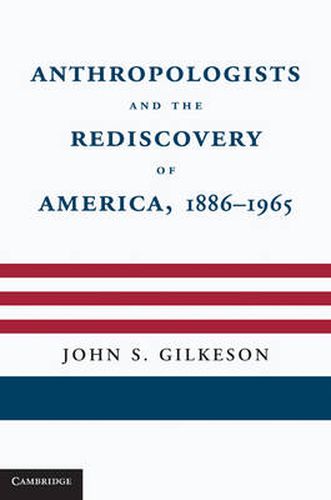Readings Newsletter
Become a Readings Member to make your shopping experience even easier.
Sign in or sign up for free!
You’re not far away from qualifying for FREE standard shipping within Australia
You’ve qualified for FREE standard shipping within Australia
The cart is loading…






This book examines the intersection of cultural anthropology and American cultural nationalism from 1886, when Franz Boas left Germany for the United States, until 1965, when the National Endowment for the Humanities was established. Five chapters trace the development within academic anthropology of the concepts of culture, social class, national character, value, and civilization, and their dissemination to non-anthropologists. As Americans came to think of culture anthropologically, as a ‘complex whole’ far broader and more inclusive than Matthew Arnold’s ‘the best which has been thought and said’, so, too, did they come to see American communities as stratified into social classes distinguished by their subcultures; to attribute the making of the American character to socialization rather than birth; to locate the distinctiveness of American culture in its unconscious canons of choice; and to view American culture and civilization in a global perspective.
$9.00 standard shipping within Australia
FREE standard shipping within Australia for orders over $100.00
Express & International shipping calculated at checkout
This book examines the intersection of cultural anthropology and American cultural nationalism from 1886, when Franz Boas left Germany for the United States, until 1965, when the National Endowment for the Humanities was established. Five chapters trace the development within academic anthropology of the concepts of culture, social class, national character, value, and civilization, and their dissemination to non-anthropologists. As Americans came to think of culture anthropologically, as a ‘complex whole’ far broader and more inclusive than Matthew Arnold’s ‘the best which has been thought and said’, so, too, did they come to see American communities as stratified into social classes distinguished by their subcultures; to attribute the making of the American character to socialization rather than birth; to locate the distinctiveness of American culture in its unconscious canons of choice; and to view American culture and civilization in a global perspective.